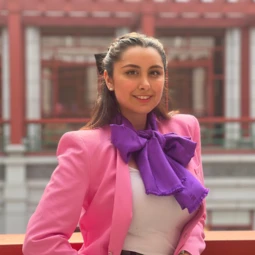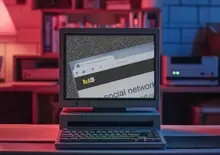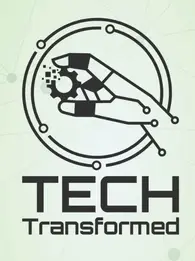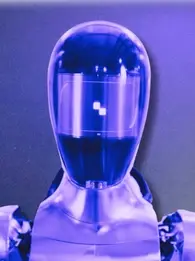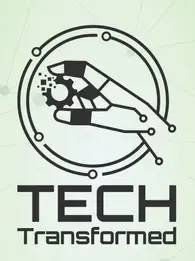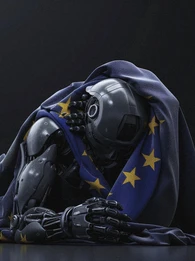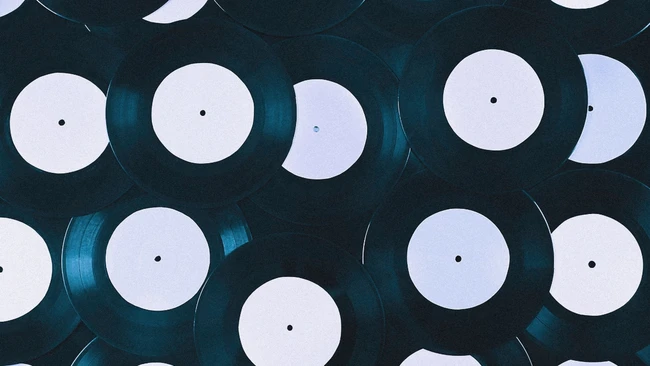
The Recording Industry Association of America (RIAA) has filed twin lawsuits against the AI music generators Suno and Udio over alleged copyright infringement.
The RIAA, which owns major music labels such as Sony Music Entertainment, Universal Music Group, and Warner Records, seeks damages up to $150,000 per work infringed, potentially amounting to billions of dollars.
Music generators Suno and Udio, who create mashups of popular songs using generative AI, are currently under scrutiny as part of the lawsuit.
In a statement, Mitch Glazier, Chief Executive Officer of the RIAA said that these platforms are repurposing actual songs owned by the companies and converting them into new compositions without proper authorisation.
“The music community has embraced AI, and we are already partnering and collaborating with responsible developers to build sustainable AI tools centred on human creativity that put artists and songwriters in charge,” said Glazier.
“But we can only succeed if developers are willing to work together with us. Unlicensed services like Suno and Udio that claim it’s ‘fair’ to copy an artist’s life’s work, and exploit it for their own profit without consent or pay, set back the promise of genuinely innovative AI for us all.”
AI and the music Industry
This legal action arrives amid growing concerns that AI technology is reshaping the creative landscape. With AI-generated content becoming increasingly prevalent, the music industry is feeling the pressure.
Fans are now frequently tuning into AI-generated remixes and mashups of their favourite artists. For example, a popular AI mashup featuring Bad Bunny, Justin Bieber, and other Latin American reggaeton singers has garnered millions of views on YouTube.
But artists including Billie Eilish and Nicki Minaj have also voiced their concerns by signing a letter demanding an end to the predatory use of AI in music. They argue that AI-generated music can potentially replace human artistry, threatening the livelihood of songwriters and performers.
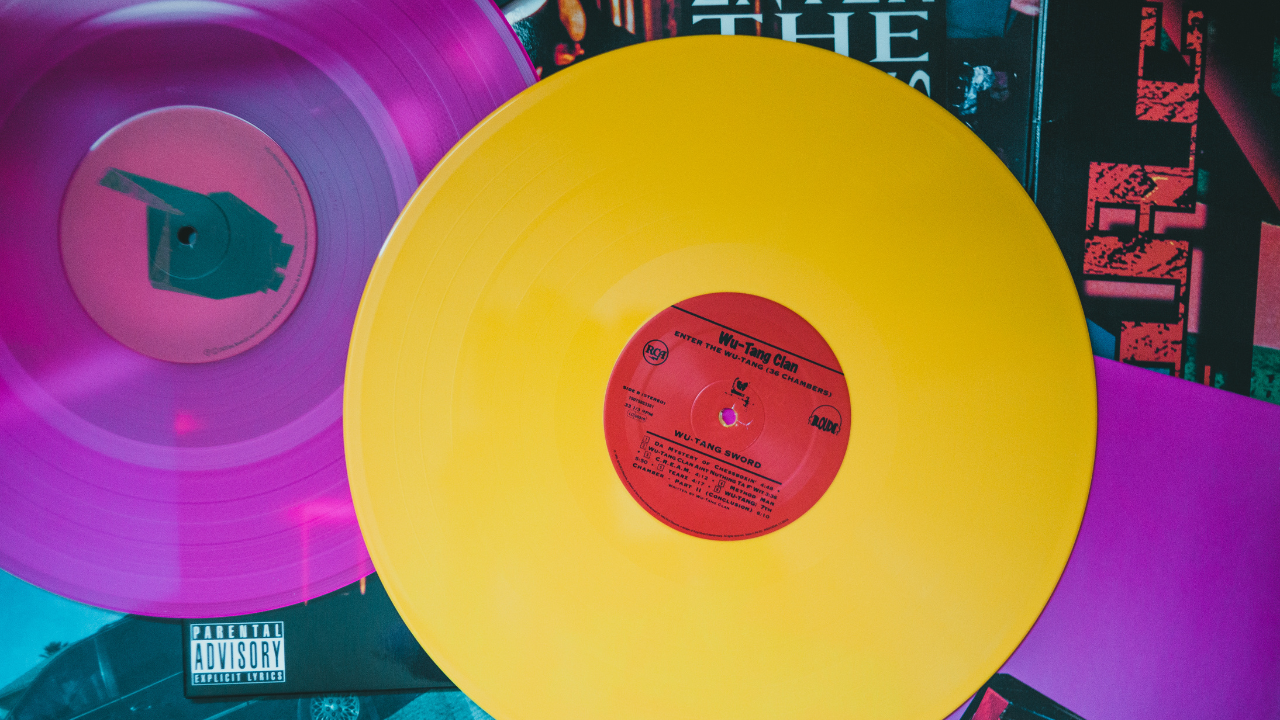
The artists' letter, organised by the Artist Rights Alliance and posted on Medium, urges tech companies to halt the development of AI music-generation tools. The letter highlights the risk of these tools infringing on the rights of human artists and devaluing their work if used irresponsibly. The signatories call for measures to ensure fair compensation and recognition for human creators.
This lawsuit by the RIAA highlights the broader implications of AI in the creative industries. Companies are now facing the unforeseen consequences of AI, which poses significant challenges across various sectors, but most critically in music and entertainment.
What are Suno and Udio?
Suno and Udio are AI music generators leading a new wave of start-ups leveraging generative AI to transform the music-making process. By simply typing a brief prompt, such as "an electro-pop song about strawberries," users can generate human-like music within seconds using these innovative platforms.
To achieve this, Suno and Udio train their AI systems on massive datasets, comprising millions of individual pieces of information. This extensive training enables the software to produce high-quality, authentic-sounding music rapidly and efficiently.
The labels allege that these platforms are repurposing actual songs owned by the companies and converting them into new compositions without proper authorisation.
This isn’t the first time AI companies have faced such accusations. Last year, image repository site Getty Images filed a lawsuit against AI Art Generator Stable Diffusion after it determined that the AI had “unlawfully copied and processed” millions of images from the platform “to the detriment of content creators posting on the platform.
Suno and Udio have already taken action to prevent the unlawful copying of artists. For instance, when we asked Suno to create a song "in the style of Bad Bunny" it resulted in an error message indicating that such prompts are not allowed.
Despite these safeguards, major record labels argue that AI firms are profiting from copying songs. One of those complaints asserts that "the use here is far from transformative, as there is no functional purpose for [the] AI model to ingest the Copyrighted Recordings other than to spit out new competing music files."
What is the claim?
The RIAA allege that Suno and Udio used songs without the necessary rights to train their AI algorithms. In support of their claims, the plaintiffs provided multiple examples of AI-generated songs that closely resembled real, human-produced tracks.
"Unlicensed services like Suno and Udio that claim it's fair to copy an artist's life work and exploit it for their own profit without consent or pay set back the promise of genuinely innovative AI for us all," said Mitch Glazier, CEO of the RIAA, which represents significant industry players like Sony, UMG, and Warner.
The controversy is part of a broader backlash against AI technologies, with a petition signed by as many as 200 artists opposing what they describe as predatory AI practices.
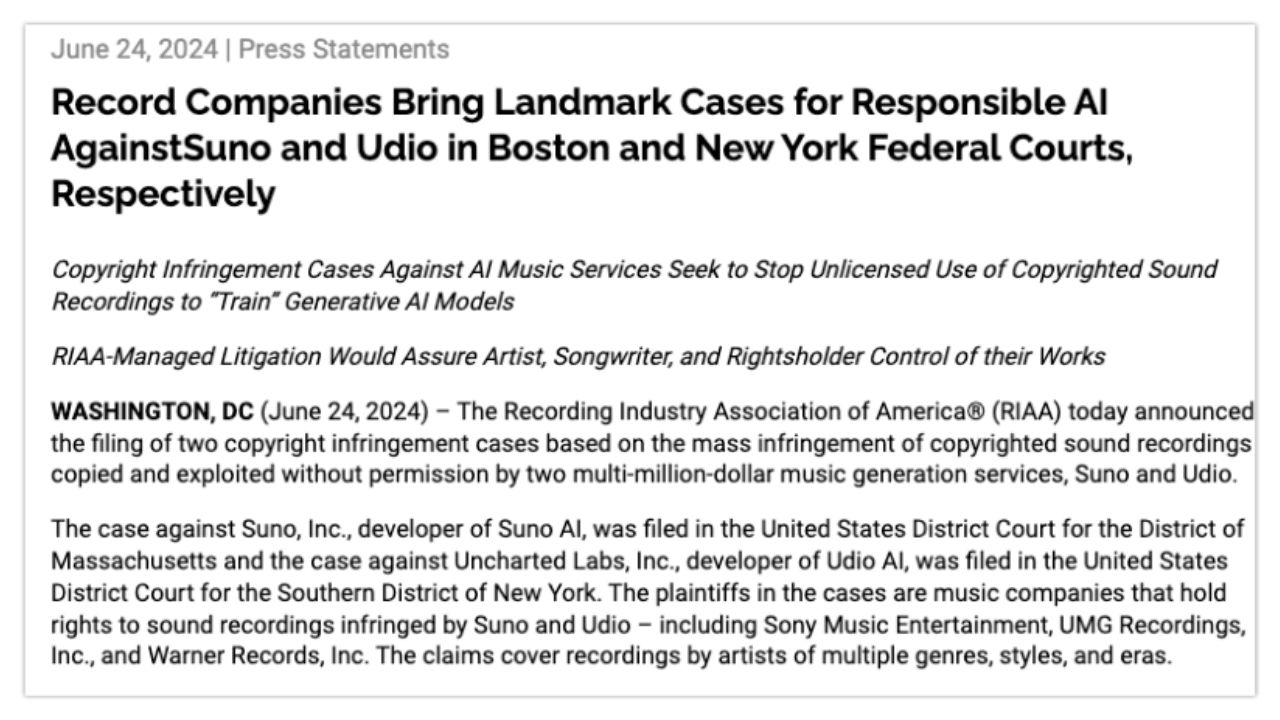
Suno's CEO, Mikey Shulman, defended the technology, stating, "Our technology is transformative; it is designed to generate completely new outputs, not to memorise and regurgitate pre-existing content." Shulman also noted, "Instead of entertaining a good faith discussion, they’ve reverted to their old lawyer-led playbook."
The issue at hand is not just about unauthorised use but also about the future of creativity and innovation. Artists argue that their unique styles and expressions are being unfairly replicated by AI, which could potentially devalue the original work.
"When AI can create songs that sound nearly identical to those produced by real artists, it undermines the effort, creativity, and livelihoods of musicians everywhere," said a representative from one of the major record labels," Shulman added.
This ongoing debate highlights the tension between technological innovation and the protection of artistic rights, a crucial issue in the evolving landscape of the music industry.
As AI continues to advance, the need for clear regulations and ethical guidelines becomes increasingly important. Industry experts suggest that a balanced approach, which respects both innovation and the rights of creators, is essential for the sustainable growth of AI in music.
The dispute shows the broader implications for other creative industries. From literature to visual arts, the question of how AI-generated content should be managed and protected remains a hot topic. Stakeholders from various fields are watching this case closely, anticipating its outcomes to inform future policies and practices.
What is the future of AI-generated art and music?
A significant legal battle is brewing in the music industry, with record labels challenging the use of copyrighted materials in AI training datasets. These datasets, often compiled from vast online sources, are used by companies to develop media-generating AI models. While proponents argue that this practice falls under the ‘fair use’ doctrine of US copyright law, it has sparked outrage and led to numerous lawsuits.
This clash between technology and creative industries highlights the complex legal hurdles surrounding AI-generated content. As generative AI continues to produce music and art, the debate over intellectual property rights and ethical usage intensifies.
Beyond the legal realm, ethical concerns are at the forefront of the discussion. Many artists fear AI tools intended to enhance creativity and productivity could cause irreparable harm if not used responsibly.
Read more: Is AI Art Copyrighted? How AI Images Redefine Fair Use
There is a growing sentiment that unchecked use of AI in creative fields could diminish the quality of new music and art, ultimately impacting our shared cultural heritage.
While the end of AI is not a possibility, the conversation around its responsible use is essential. The future of AI-generated art and music hinges on finding a balance between innovation and ethical considerations. As the technology evolves, ongoing dialogue and collaboration between tech developers, artists, and legal experts will be vital in shaping a sustainable and respectful future for AI in the creative industries.
The resolution of these challenges will determine how AI can be utilised to complement human creativity while safeguarding the rights and interests of artists. The journey ahead is complex, but with thoughtful regulation and responsible innovation, the future of AI-generated art and music can be bright and promising.


